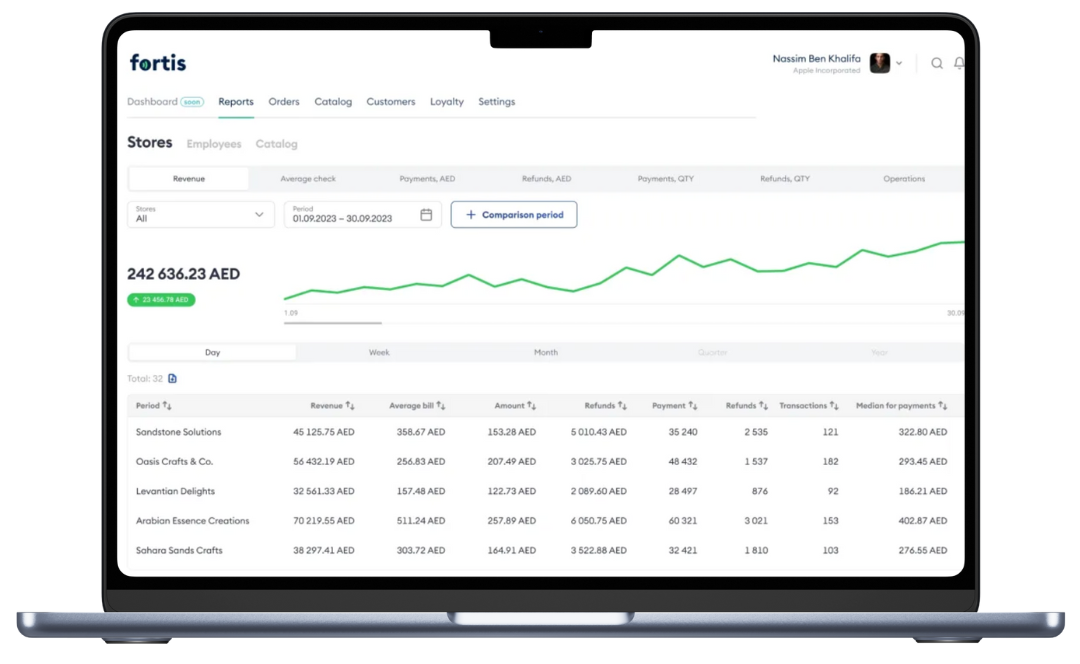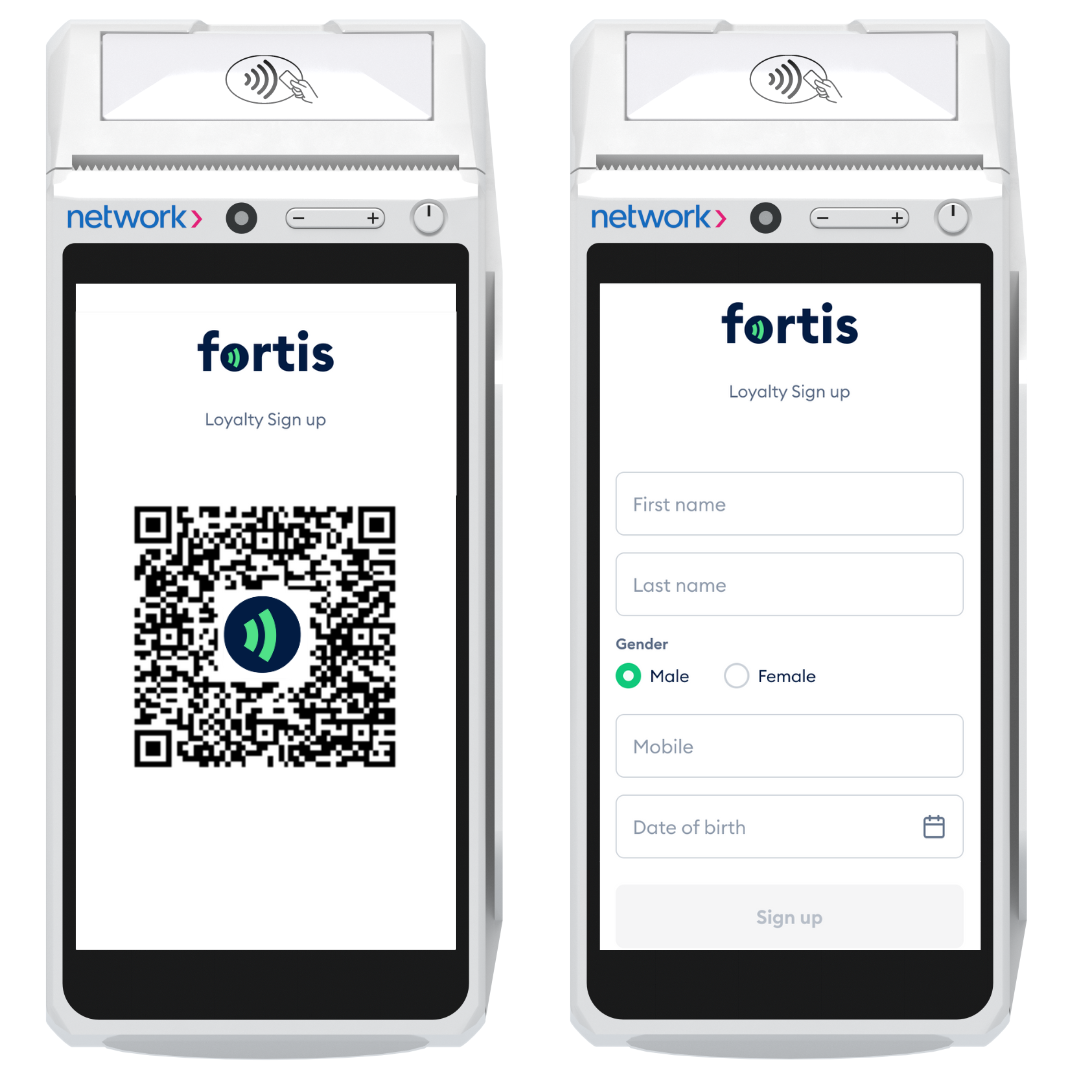
24 Feb 2025 - 10 min read

Amir’s small grocery store, nestled in a bustling residential neighborhood of Dubai, was the heart of the community. It was the go-to spot for fresh produce, snacks, and everyday essentials. From early morning to late evening, the store was packed with loyal customers.
While Amir appreciated the steady stream of business, he couldn’t ignore the mounting frustration during peak hours. The queues were long, and customers who just wanted to grab a bottle of milk or a loaf of bread often found themselves waiting 30 minutes or more.
One Thursday evening, the store was packed as usual. The queue stretched past the snack aisle, with customers impatiently tapping their feet.
“Come on, man,” a customer muttered, glancing at his watch. “It’s just a bottle of water.”
Amir, juggling the register and trying to soothe tempers, could see the frustration on their faces. Some customers sighed loudly; others simply left, abandoning their items on the nearest shelf.
“What’s the point of stocking all these items if people can’t even buy them?” Amir thought, his frustration mounting.
Amir brainstormed ways to ease the congestion. Adding another checkout counter seemed like an obvious solution, but his shop was already cramped with shelves stocked to the brim. A bulky POS system wouldn’t fit without a major overhaul.
Moreover, buying additional hardware and setting up a new counter required significant investment—something Amir wasn’t ready for.
Every week, Amir watched helplessly as he saw revenue slip away, loyal customers started to complain, and word was spreading that his store was “too chaotic.” People were no longer recommending the shop as a convenient go-to.
One evening, while scrolling through Instagram, Amir’s eyes landed on an ad for Fortis. The tagline was bold and simple: “Turn Your Card Machine into a Complete POS System.” Intrigued, Amir clicked to learn more.
The promise was clear. Fortis would allow him to convert his existing card machine into a powerful and mobile POS system that could that could manage products catalogue, and accept all payment methods. He could keep one machine at the main counter and could give another machine to his assistant. The more he explored, he found out that it came with a cloud-based platform that could help him track sales and order data from all machines in one place.
“Imagine if my assistant could handle payments anywhere in the store,” Amir thought. “No counter, no bulky machines—just quick service.”
Excited, Amir clicked the link and discovered Fortis.
The next day, Amir signed up for Fortis and began setting it up. He uploaded all the items into the system with their prices. The process was straightforward and didn’t require any technical expertise.

With Fortis in place, Amir equipped his assistant with the transformed card machine. During peak hours, his assistant roamed the shop, helping customers with just one or two items.
“Got milk? Bread?” the assistant would ask, selecting the items on the machine, processing the payment right there, and handing the customer a receipt.
The change was almost instant. Customers no longer had to wait in long queues for small purchases. They could now complete their transactions in seconds, leaving the main counter free for larger orders.
Amir could see the difference in his customers’ behavior; shoppers no longer walked out empty-handed, customers who might have left in frustration were now completing their purchases and peak-hour chaos was significantly reduced.
Fortis didn’t just solve Amir’s checkout problem—it offered much more. The system’s cloud-based backend allowed him to track sales, and orders. Amir could immediately see how much sales he did in a day.


Amir also launched the loyalty program. The more the customers spent, the more discount they could get. Amir’s assistant registered the customers who were interested directly from the machine at the spot. Amir also promoted the loyalty program by printing a QR code, placing it on a standee near the counter. Customers loved scanning it and signing up. The loyalty program not only kept them coming back but also made them feel appreciated.
Over the next few weeks, the changes were undeniable:
One of Amir’s regular customers summed it up perfectly:
“This shop is always busy, but now I can grab what I need without waiting. It’s like you’ve leveled up!”
Amir smiled, knowing that he’d finally found a way to serve his community better. Fortis wasn’t just a solution—it was the key to unlocking the true potential of his small business.
With Fortis, Amir’s grocery store was no longer just a crowded corner shop. It became a seamless shopping experience.
Late one evening, as Amir closed the shop, he reflected on how far he’d come.
“It’s not just about solving problems,” he thought. “It’s about giving my customers the experience they deserve—and growing my business the smart way.”
With Fortis, Amir wasn’t just running a grocery store. He was building a legacy.

24 Feb 2025 - 10 min read